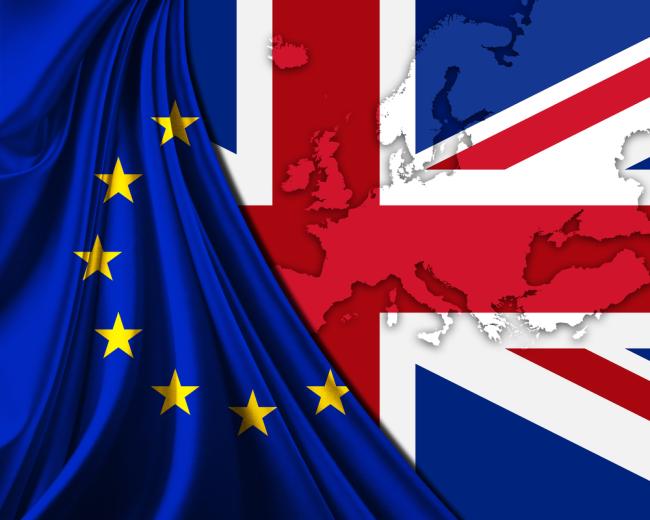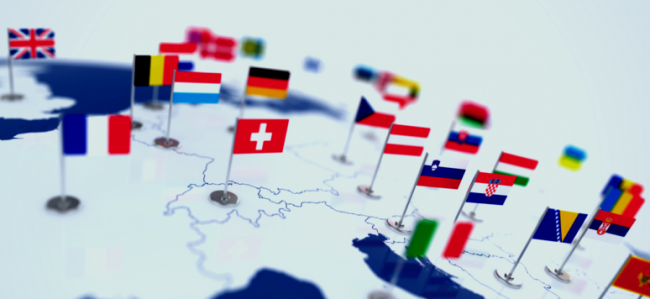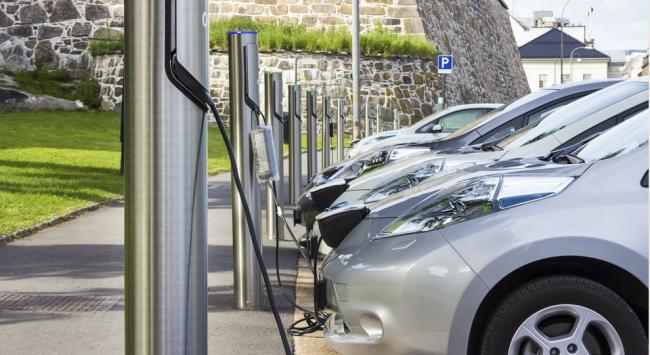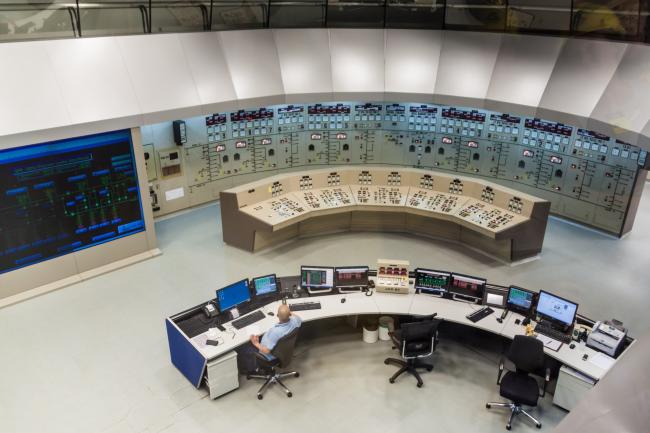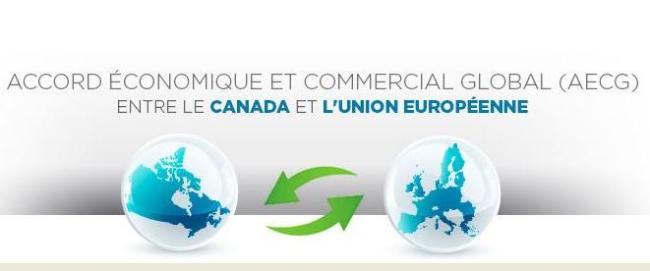The Energy Sector Implications of Brexit
On June 23rd, the UK voted 51.9% to 48.1% to leave the European Union. While the referendum outcome was not legally binding, the broad political consensus that has since emerged across both Remain and Brexit camps has been that the will of the majority must be upheld. So while the UK leaving the EU could be considered inevitable, and has continued to be reinforced with the political mantra of ‘Brexit means Brexit’, it is not clear what this exit will look like.

The Mediterranean: a Sea of Crises?
The Mediterranean is currently an intersection of upheavals and crises. Destabilization on its southern shores, uncontrolled migrations, simmering hostilities in the east surrounding exploitation of energy resources, military presence of all the great world powers (from Washington to Beijing, and Moscow of course), and increasing assertion of regional powers…
The European Neighbourhood Policy: A Bureaucratic Phoenix?
Facing turmoil on its eastern and southern borders, the European Union has sought some answers by revising its European Neighbourhood Policy and releasing a reviewed Global Strategy on Foreign and Security Policy. Beyond these documents, what is the real impact of the EU in its neighbourhood?
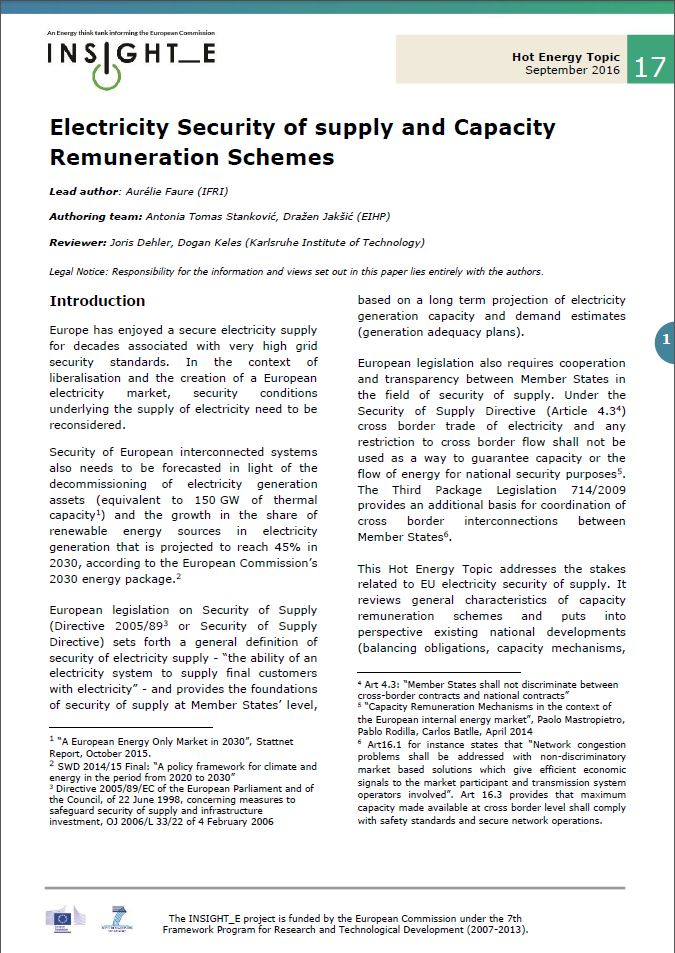
Electricity Security of Supply and Capacity Remuneration Schemes
In the context of liberalisation and the creation of a European electricity market, security conditions underlying the supply of electricity need to be reconsidered.
E-mobility: European Energy and Transport Policies at Crossroads
European clean transport policy envisages the development of charging infrastructures for electric vehicles within a European e-mobility framework. After the downturns of the Volkswagen scandal and the prevailing low European carbon price, the EU is bringing forward car passenger transport electrification. This requires new business models based on interoperability.
Cyber Attacks: A New Threat to the Energy Industry
The Network and Information Security (NIS) Directive has been adopted on July 6th, 2016 by the European Parliament, three years after the initial proposal by the European Commission. It paves the way for a much needed common cyber security strategy within the EU. This Edito explains the reasons why the energy industry is particularly vulnerable to cyber attacks, and what tools this new directive brings about to protect European critical infrastructures.

France: the tale of disenchantment, ambiguity and ambition on the EU
France may be ready to take the initiative again in the EU, but it does not know where to press on.
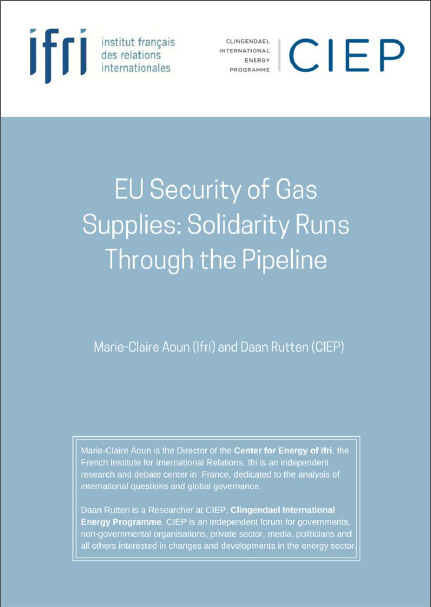
EU Security of Gas Supplies : Solidarity Runs Through the Pipeline
Given the tensions between the EU and its main gas supplier, Russia, the European Commission has been revisiting since 2014 its energy security strategy.
The European Union : When the Commission and Governments put the Future of Electricity Producers at Stake
RWE, EON, EDF, ENGIE and other large utilities are in financial turmoil. This situation, which would have been unlikely twenty years ago, is related to several failures in governance within the EU as well as to global evolutions. This Edito Energie analyses the situation of large European electricity producers in light of the European energy policy.
CETA: the Making of the Comprehensive Economic and Trade Agreement Between Canada and the EU
Once ratified, the Comprehensive and Economic Trade Agreement (CETA) could ultimately eliminate all tariff barriers between the European Union and Canada. CETA is also a new generation Free-Trade Agreement: it includes the opening of public procurement, the facilitation of cross investments and cooperation in the area of regulation. Its long negotiation process illustrated important changes that are happening in the way trade agreements are negotiated, both in Canada and in the EU.
Support independent French research
Ifri, a foundation recognized as being of public utility, relies largely on private donors – companies and individuals – to guarantee its sustainability and intellectual independence. Through their funding, donors help maintain the Institute's position among the world's leading think tanks. By benefiting from an internationally recognized network and expertise, donors refine their understanding of geopolitical risk and its consequences on global politics and the economy. In 2025, Ifri supports more than 80 French and foreign companies and organizations.








